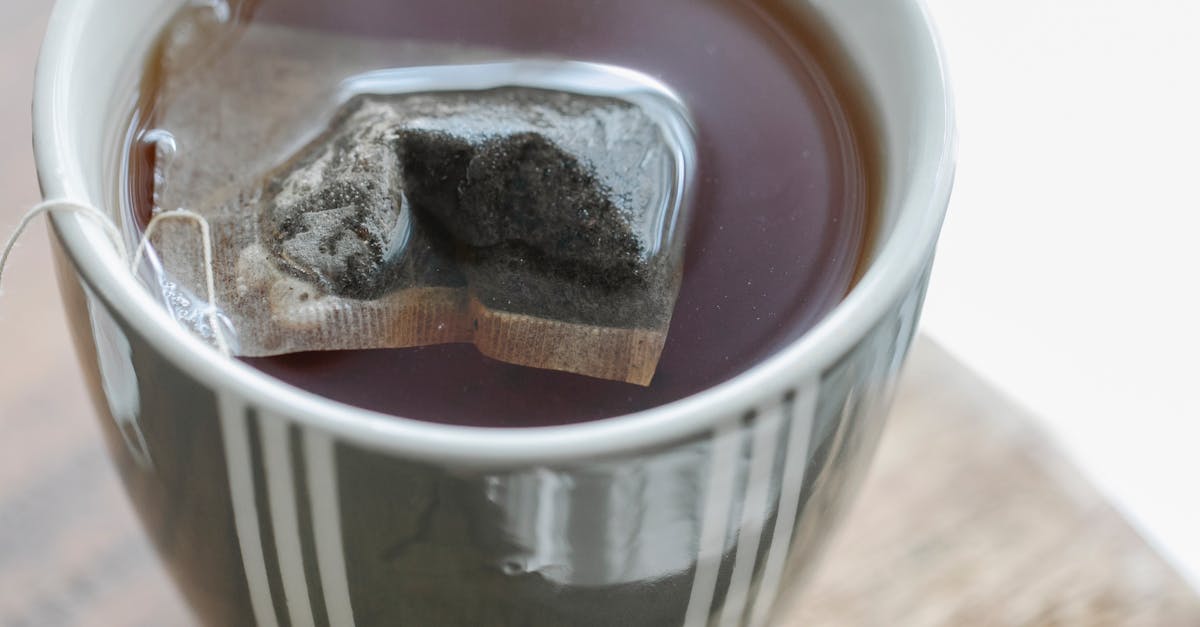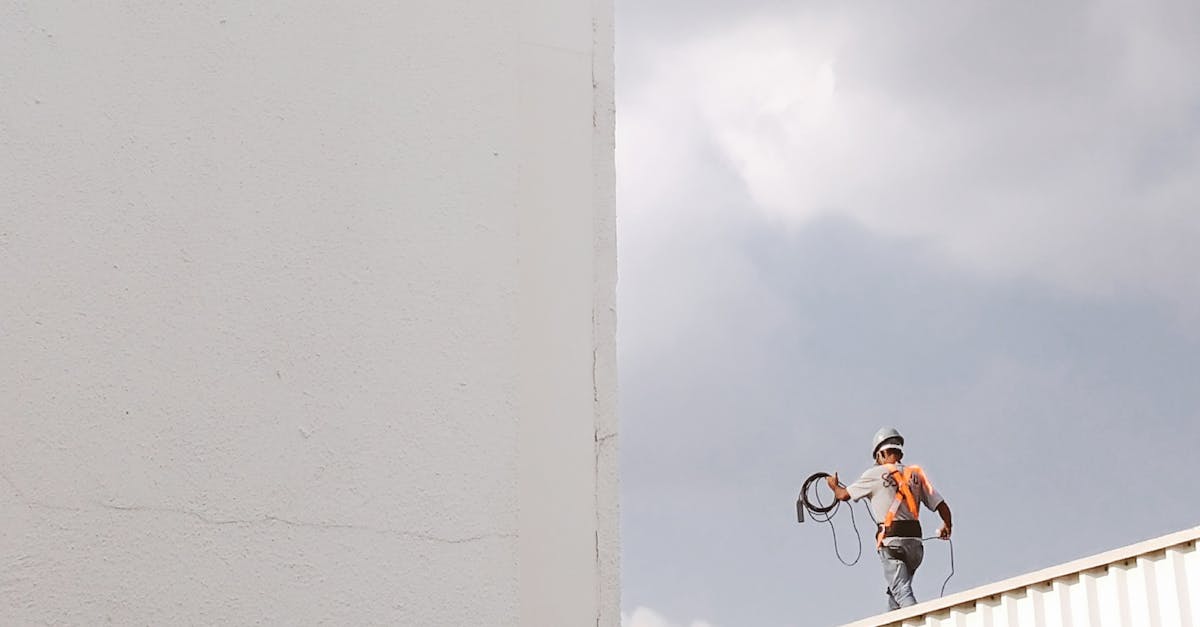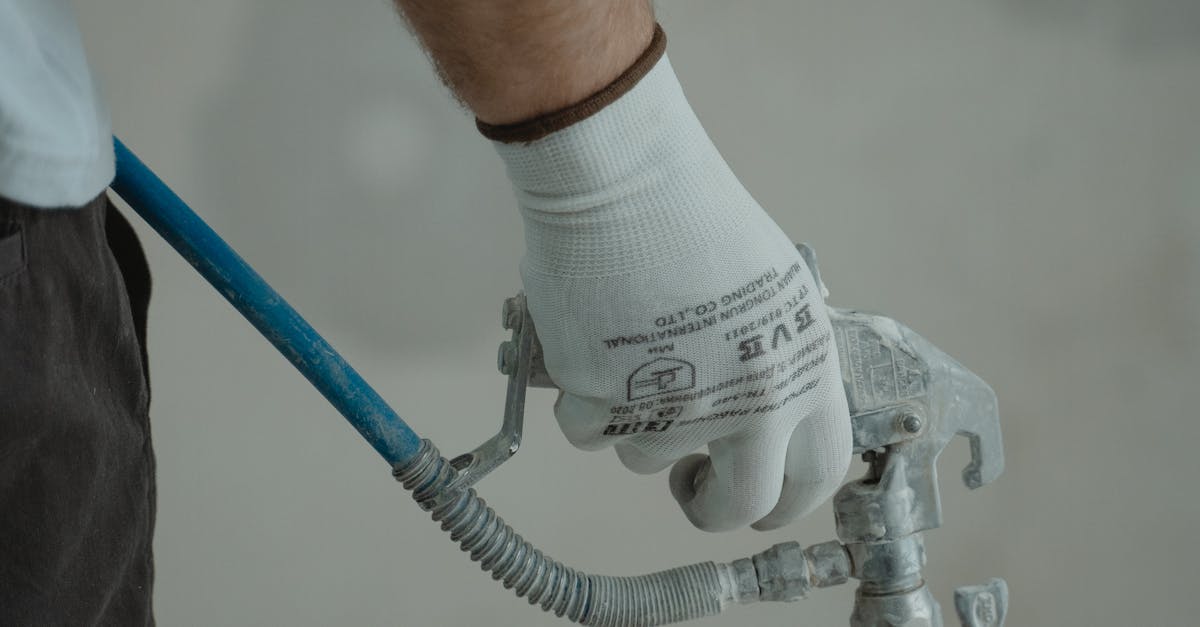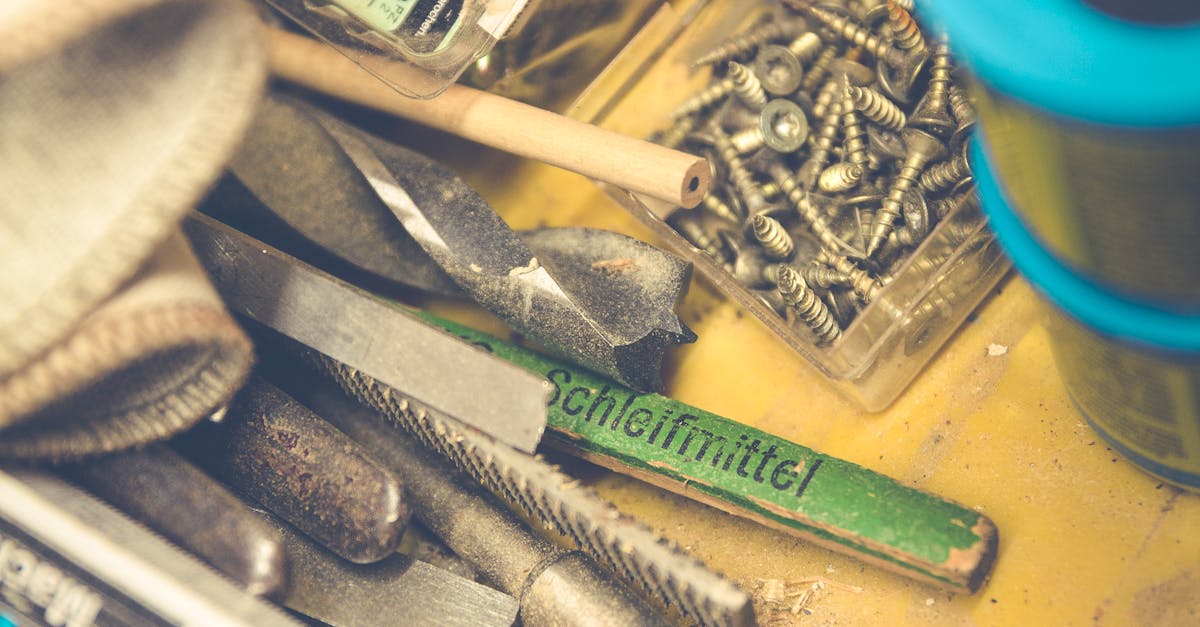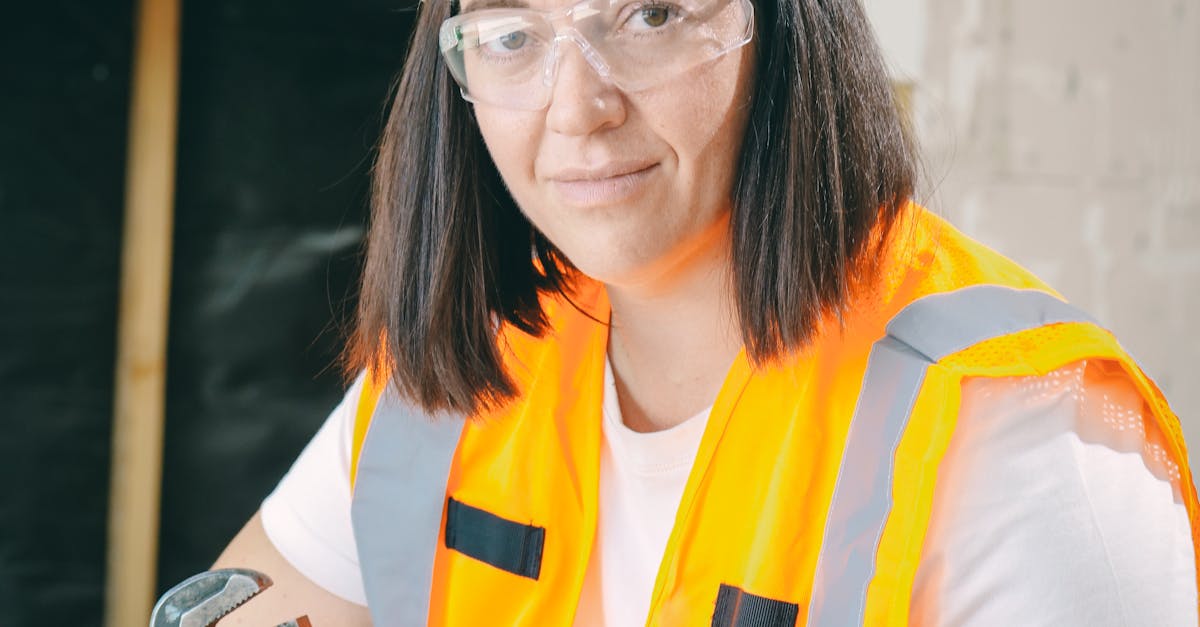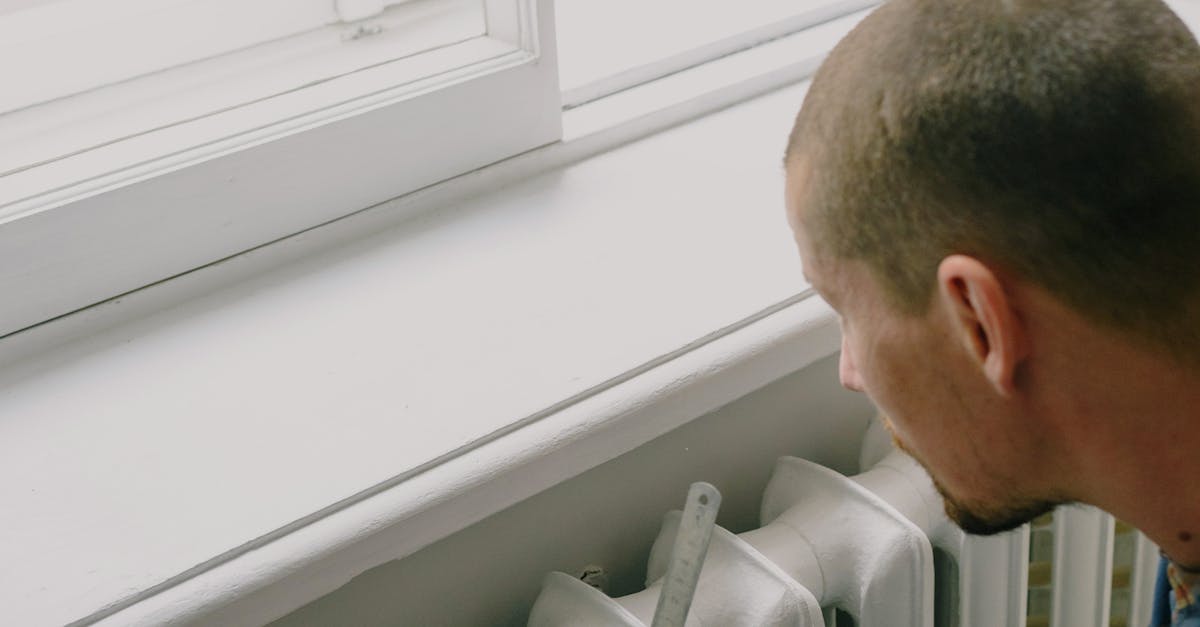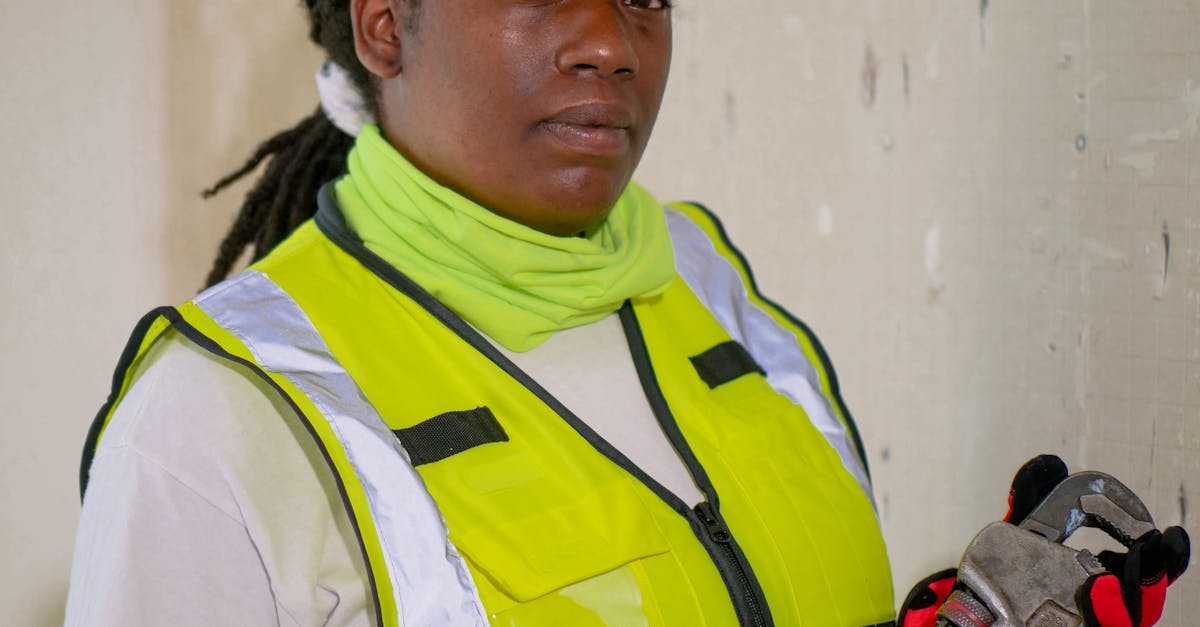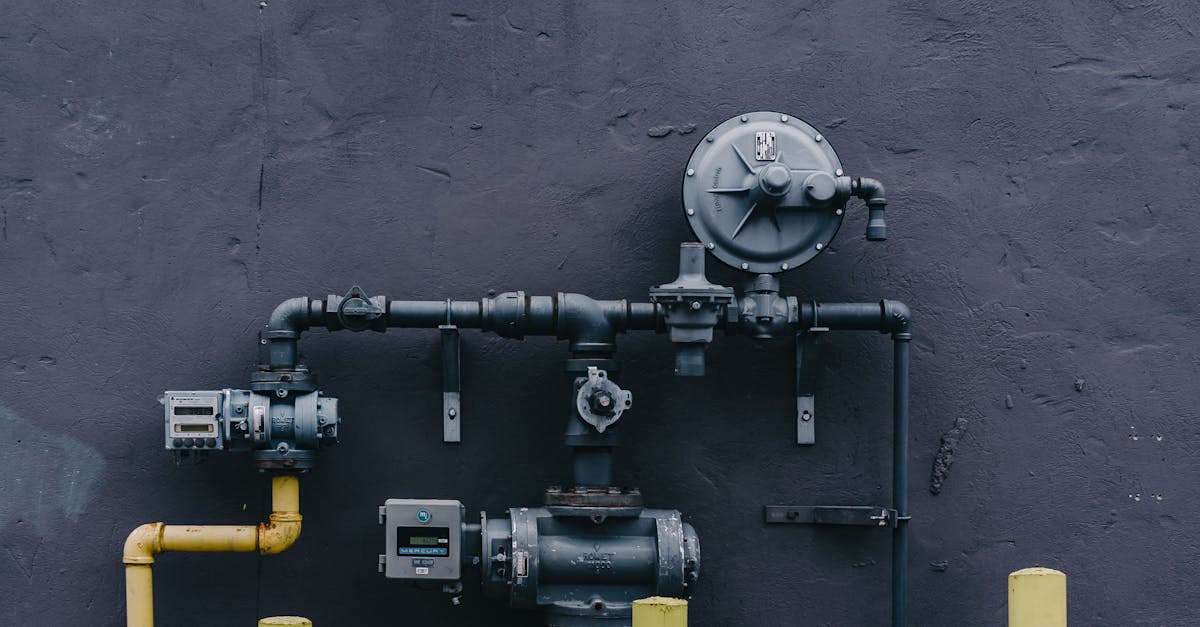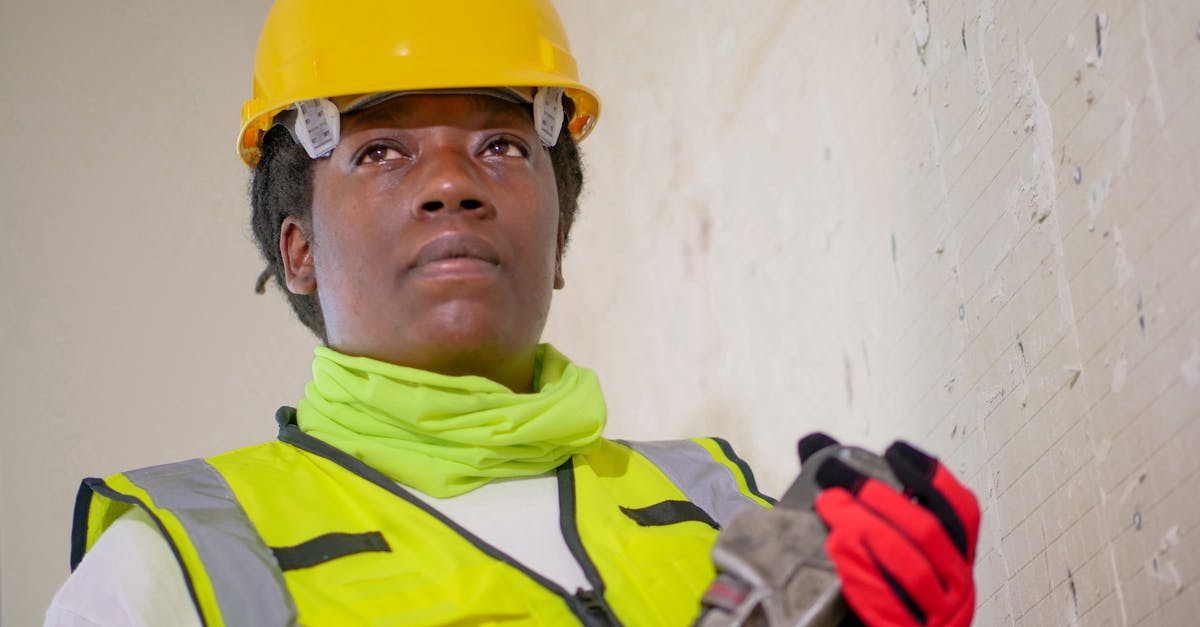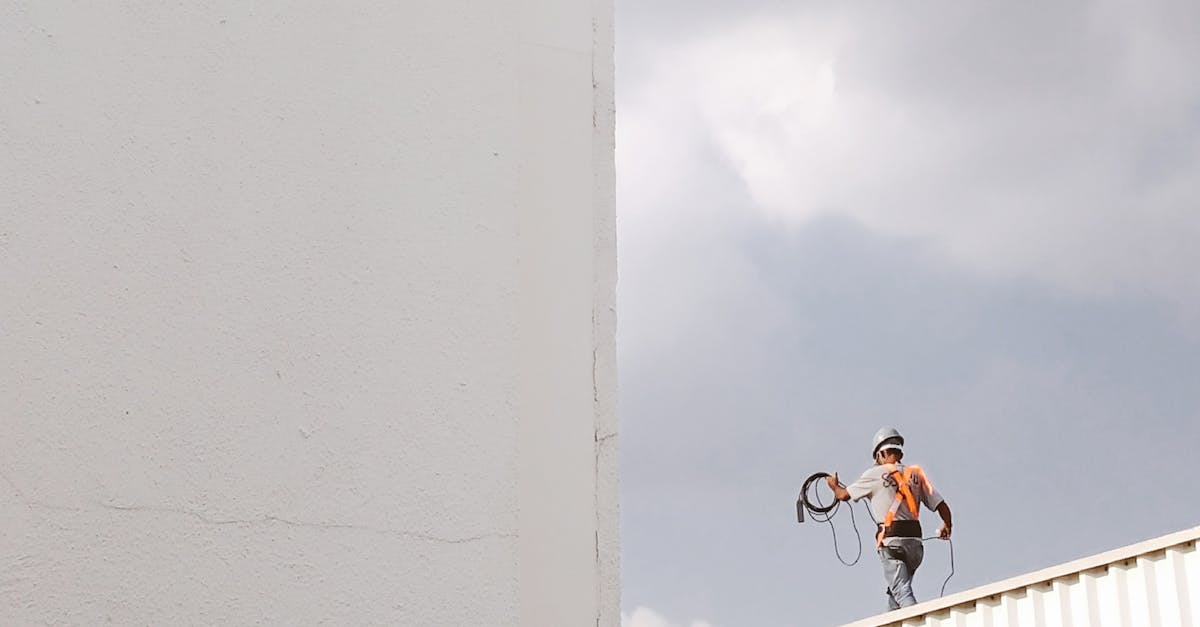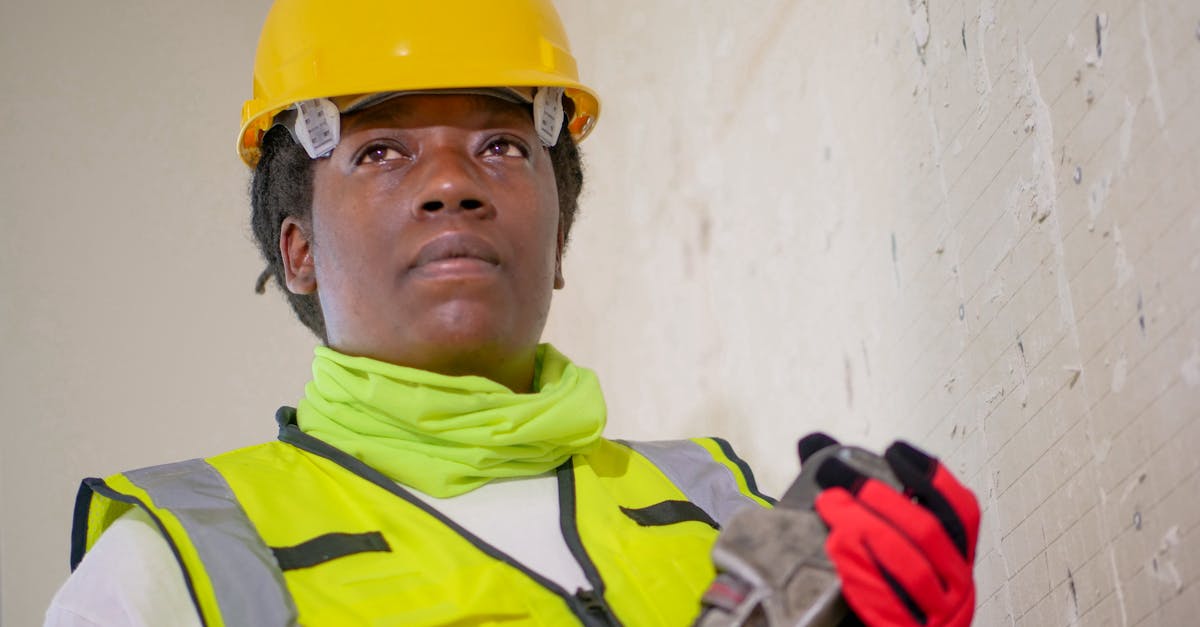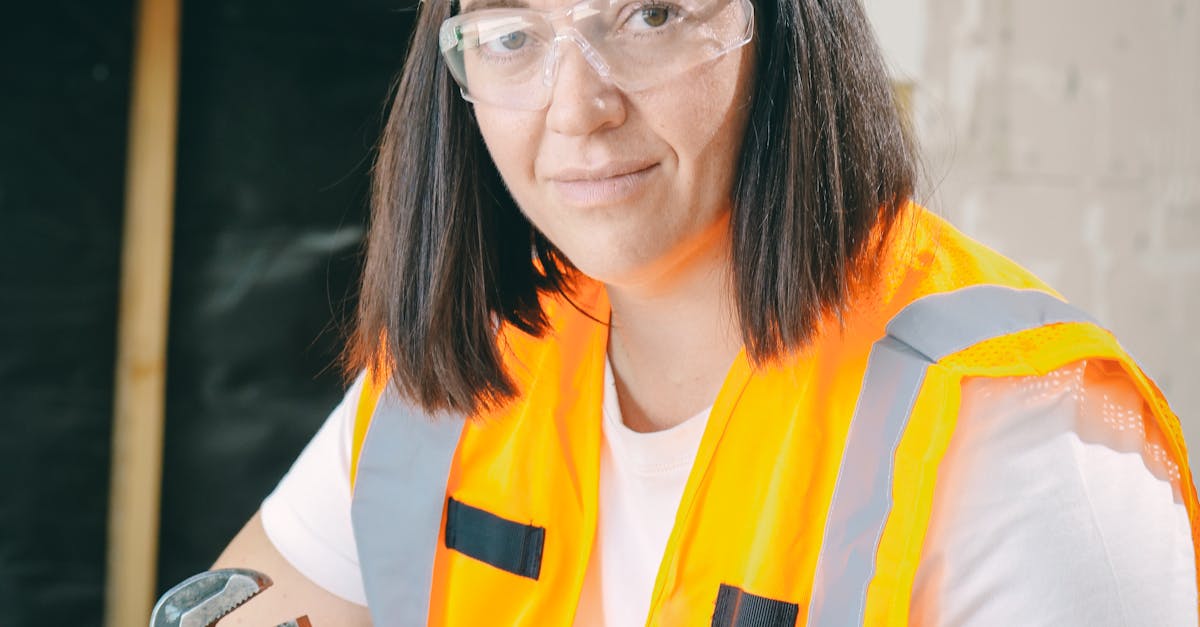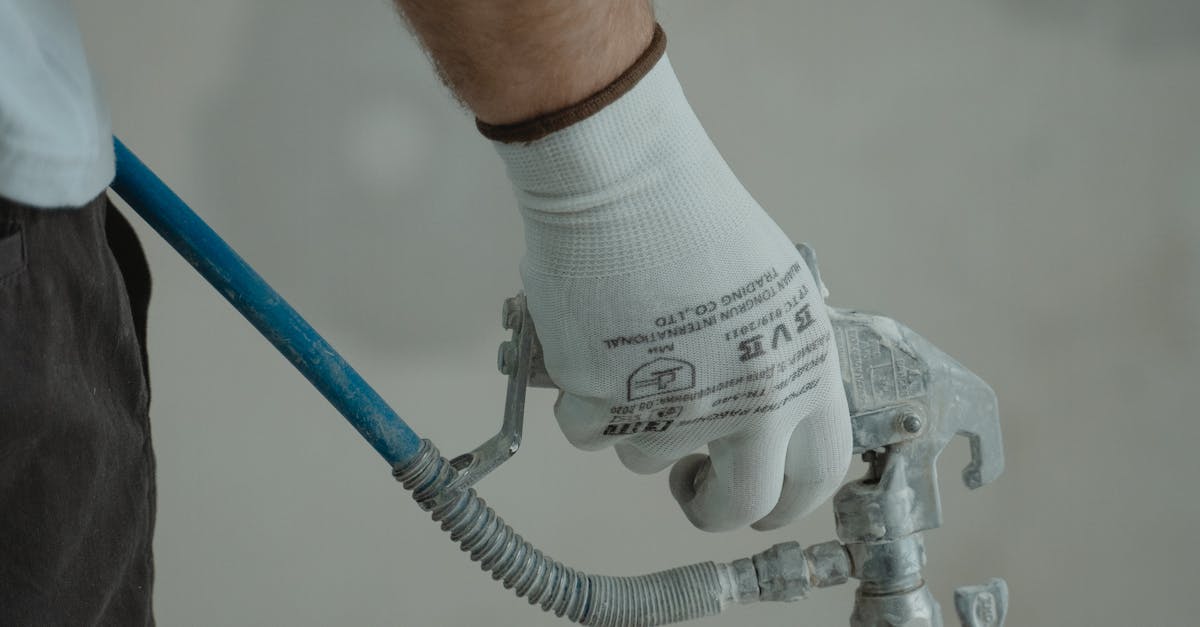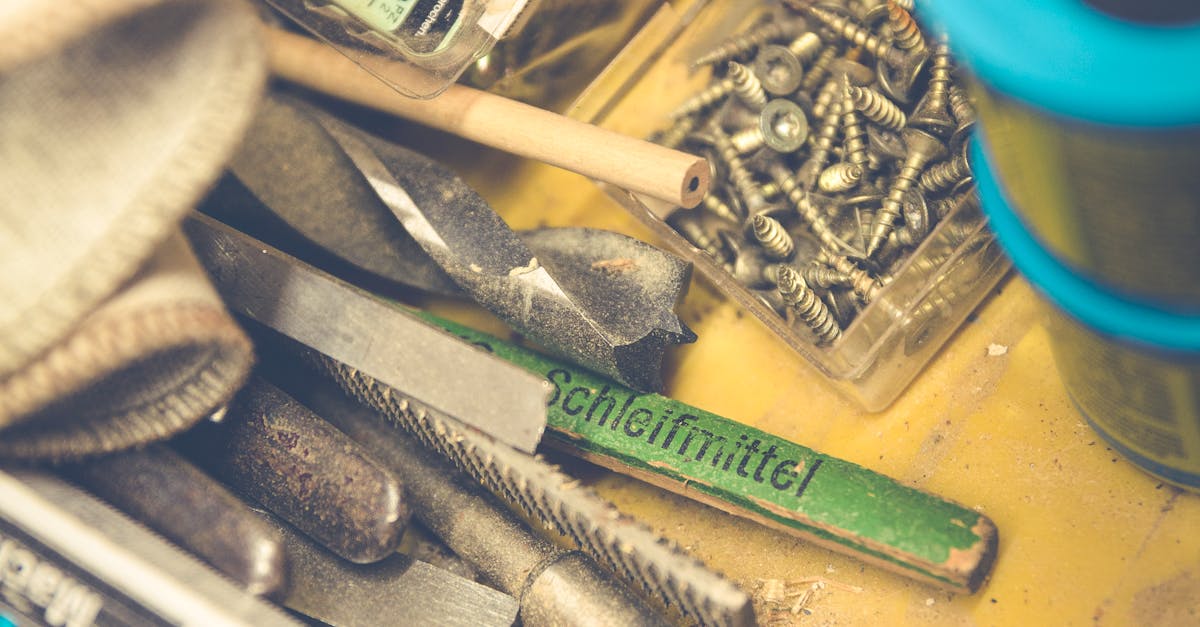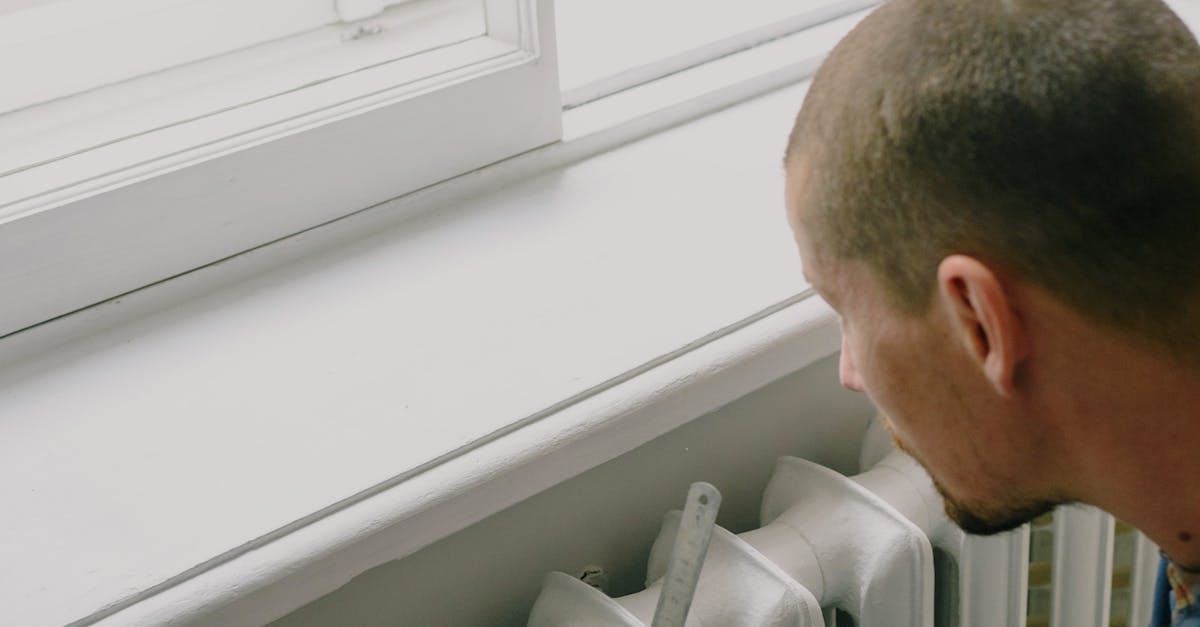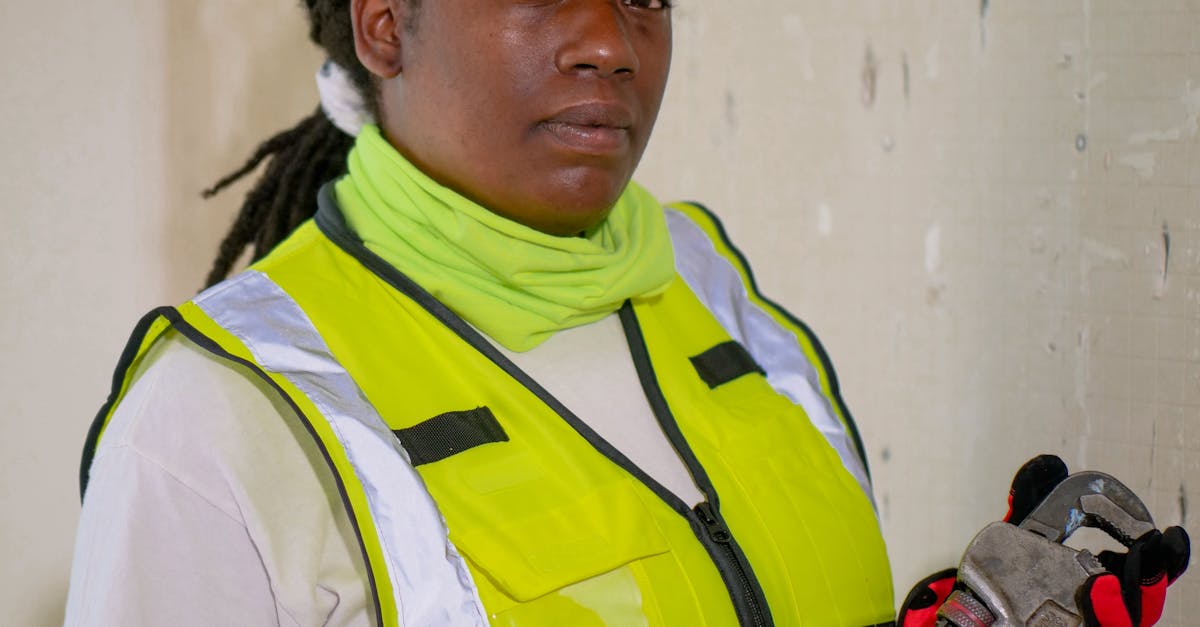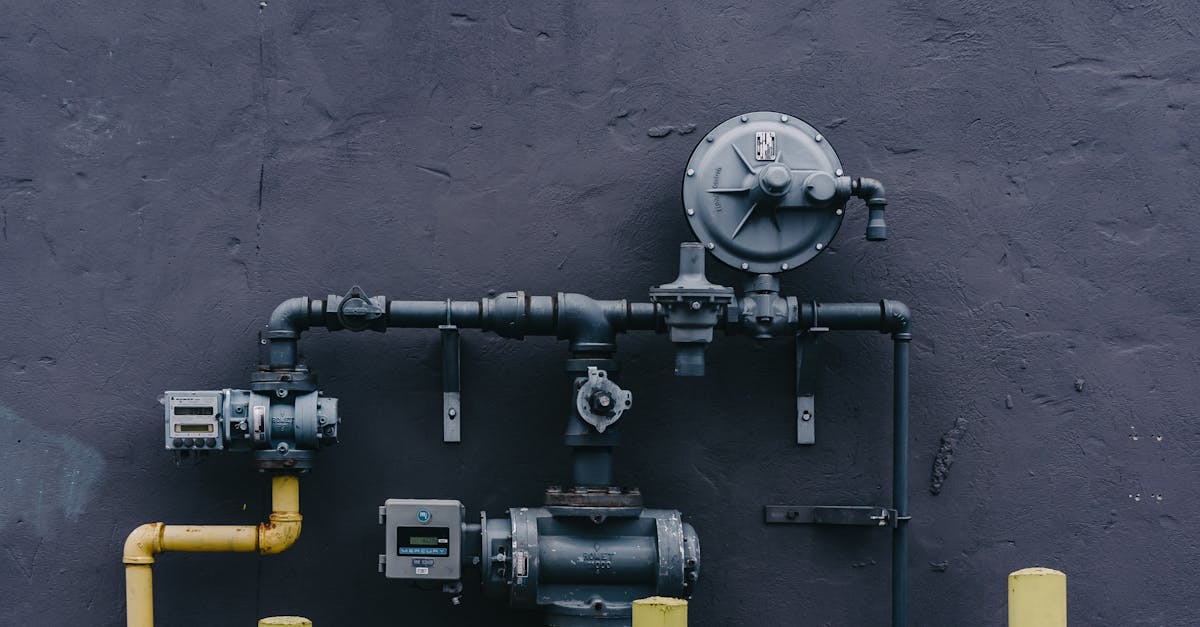
Table Of Contents
Handling Clogged Drains Effectively
Clogged drains are a common issue that can lead to significant plumbing problems if not handled promptly. Regular maintenance is key to preventing blockages. Pouring boiling water down the drain can help dissolve any accumulated grease and soap scum. Additionally, using a mixture of baking soda and vinegar can effectively break down minor clogs. However, it is important to avoid harsh chemical drain cleaners, as they may damage your pipes over time.
When faced with persistent clogs, it may be beneficial to consult a professional plumber. A qualified plumber in Villawood can properly assess the situation and offer effective solutions. They have access to tools like drain snakes and hydro-jetters, which are designed to tackle tough clogs. Knowing when to call for help can save not only your plumbing system but also your time and money in the long run.
Safe Methods to Clear Blockages
When dealing with clogged drains, it’s essential to approach the situation with safe and effective methods. Start by using a plunger, which can create the necessary pressure to dislodge many blockages. Ensure that you create a tight seal around the drain and use firm, quick thrusts. If the clog persists, try a plumber's snake, a flexible tool that can navigate through pipes and remove tougher obstructions. Always remember to wear gloves and protective eyewear to safeguard against any potential mess.
Chemical drain cleaners may seem like a quick solution, but they can damage your plumbing over time. Instead, consider using a mixture of baking soda and vinegar. This natural combination not only helps to break down minor clogs but is also safe for your pipes. If issues continue or worsen, it’s wise to call a professional like a plumber Villawood for expert assistance. They can identify underlying issues that may not be visible and implement more comprehensive solutions.
Knowing Your Plumbing System
Understanding your plumbing system is essential for effective home maintenance. Familiarizing yourself with the layout of pipes, drains, and fixtures helps identify potential problem areas. Knowing where the main water shut-off valve is located can be crucial during emergencies. Regular inspections can reveal any wear and tear that may lead to bigger issues down the road.
Learning about key components, such as water heaters and sump pumps, allows homeowners to address minor problems before they escalate. A local expert, like a Plumber Villawood, can provide valuable insights into the specifics of your plumbing setup. Being proactive in understanding these elements not only aids in troubleshooting but also fosters confidence in managing your home's plumbing needs.
Familiarizing Yourself with Key Components
Understanding the key components of your plumbing system is essential. Familiarize yourself with the main parts such as pipes, fittings, valves, and fixtures. Each component plays a crucial role in your home’s water supply and drainage. Knowing where these elements are located can save you time and frustration during an emergency. It also helps you to communicate effectively with professionals, such as a plumber Villawood, should you need assistance.
In addition to identifying the components, it is beneficial to learn their functions. For example, understanding how shut-off valves work allows for quick action in stopping water flow during a leak. This knowledge reduces potential damage and repair costs. Regularly inspecting these parts for wear and tear ensures they remain in good working order. By investing time in this familiarization process, homeowners can take proactive steps toward preventing major plumbing issues.
Emergency Preparedness
Plumbing emergencies can strike at any time, making it essential to have a preparedness plan in place. Homeowners should start by identifying the main water shut-off valve in their property. Knowing how to quickly turn off the water supply can prevent further damage during a leak or burst pipe situation. Keep a list of emergency contacts such as a reliable Plumber Villawood, so you can reach out promptly for professional help when needed.
It’s also important to gather necessary tools and supplies in advance. Simple items like a plunger, drain snake, and pipe wrench can be invaluable during minor emergencies. Store these tools in an easily accessible location to avoid searching for them when an issue arises. Educating everyone in the household about plumbing basics can foster a proactive attitude towards potential problems. With proper planning and resources, you can minimize the stress of unexpected plumbing issues.
Creating a Plumbing Emergency Plan
Creating a plumbing emergency plan is crucial for every household. Start by gathering essential contact information for local service providers, including your trusted Plumber Villawood. Keep these numbers accessible in case of an urgent situation. Outline the steps to take in various scenarios, such as severe leaks or overflowing toilets. Being prepared can minimize damage and ensure a swift response.
Educate all family members about the plumbing system to enhance your emergency readiness. Teach everyone how to locate the main water shut-off valve and demonstrate how to use it effectively. Familiarity with the plumbing fixtures in your home will help everyone respond confidently during an emergency. Regularly review and update the plan to address any changes in your plumbing situation or service providers, ensuring everyone remains informed and ready to act.
FAQS
What are some common causes of clogged drains?
Common causes of clogged drains include the accumulation of hair, soap scum, grease, food particles, and foreign objects being flushed down the toilet.
What are safe methods to clear a blockage in my drain?
Safe methods to clear a blockage include using a plunger, a plumbing snake, or a mixture of baking soda and vinegar. Avoid using chemical drain cleaners, as they can damage your plumbing.
How can I familiarize myself with my plumbing system?
To familiarize yourself with your plumbing system, locate the main water shut-off valve, understand how your fixtures work, and identify the layout of your pipes. You can also refer to your home’s plumbing diagrams if available.
What should be included in a plumbing emergency plan?
A plumbing emergency plan should include the location of the main water shut-off valve, emergency contact numbers for local plumbers, and steps to take in case of a plumbing emergency, such as how to safely turn off water appliances.
How often should I inspect my plumbing system to prevent emergencies?
It’s a good practice to inspect your plumbing system at least once a year. Look for leaks, corrosion, and signs of wear and tear to address potential issues before they escalate into emergencies.
